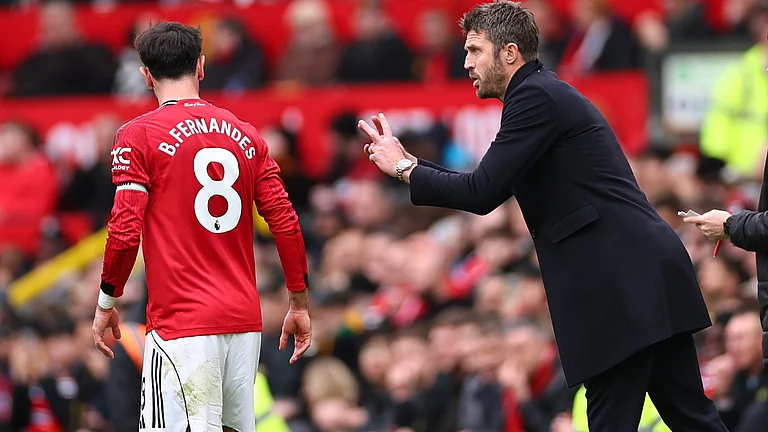1964 : US-64 is born. It invests mainly in debt.
1993 : US-64 starts investing aggressively in equity, which bears higher risk than debt.
1996 : Falling equity values bring asset values down. US-64 has to draw Rs 796 crore from reserves to pay out dividend.
1997 : Equity component in US-64 portfolio is up to 66 per cent. Rs 393 crore drawn from reserves to pay out dividend.
Jun 1998 : UTI chairman G.P. Gupta announces that US-64 will be able to maintain dividend at 20 per cent without
dipping into reserves. This is a total untruth.
Oct 1998 : New chairman P.S. Subramanyam comes clean and announces thatmarkin g the value of US-64’s equity portfolio to the market shows a shortfall of Rs 3,566 crore, which wipes out thereserves and leaves a negative figure of
Rs 1,098 crore. Government bails UTI out with a Rs 3,300-crore package and sets up the Deepak Parekh Committee to suggest future strategy for US-64.
Feb 1999 : The Parekh Committee recommends a host of measures including more investment in New Economy and FMCG stocks, a larger debt portfolio, greater transparency and linking US-64 prices to NAV within three years.
Mar 2000 : Disregarding the other recommendations, US-64 invests heavily in New Economy stocks, and rides the Ketan Parekh-led bull run. Asset value reaches a peak of Rs 76,500 crore. Top holdings include KP-pushed speculative stocks like HFCL, SSI, Global Tele and VisualSoft.
Dec 2000 : With New Economy share prices falling, US-64 is saddled with huge positions in KP stocks. Value erosion in just six KP stocks in US-64 portfolio enough to wipe out 60 per cent of its reserves. Only 26 per cent of portfolio now indebt, the safer investment.
Mar 2001 : Even with KP stock values in free fall, UTI continues to invest heavily in them, and is left holding huge number of these shares at a massive loss.
May 2001 : Sensing trouble for US-64, corporate investors sell back at least Rs 3,500 crore of units to UTI.
Jul 2, 2001 : Fearing a run on the scheme, and with NAVs far below repurchase price, Subramanyam announces six-month freeze on sale and repurchase on US-64.
Jul 3, 2001 :Subramanyam forced to resign at midnight. Bailout package may cost Rs 5,500 crore. Two crore investors unsure of the fate of their money.


























